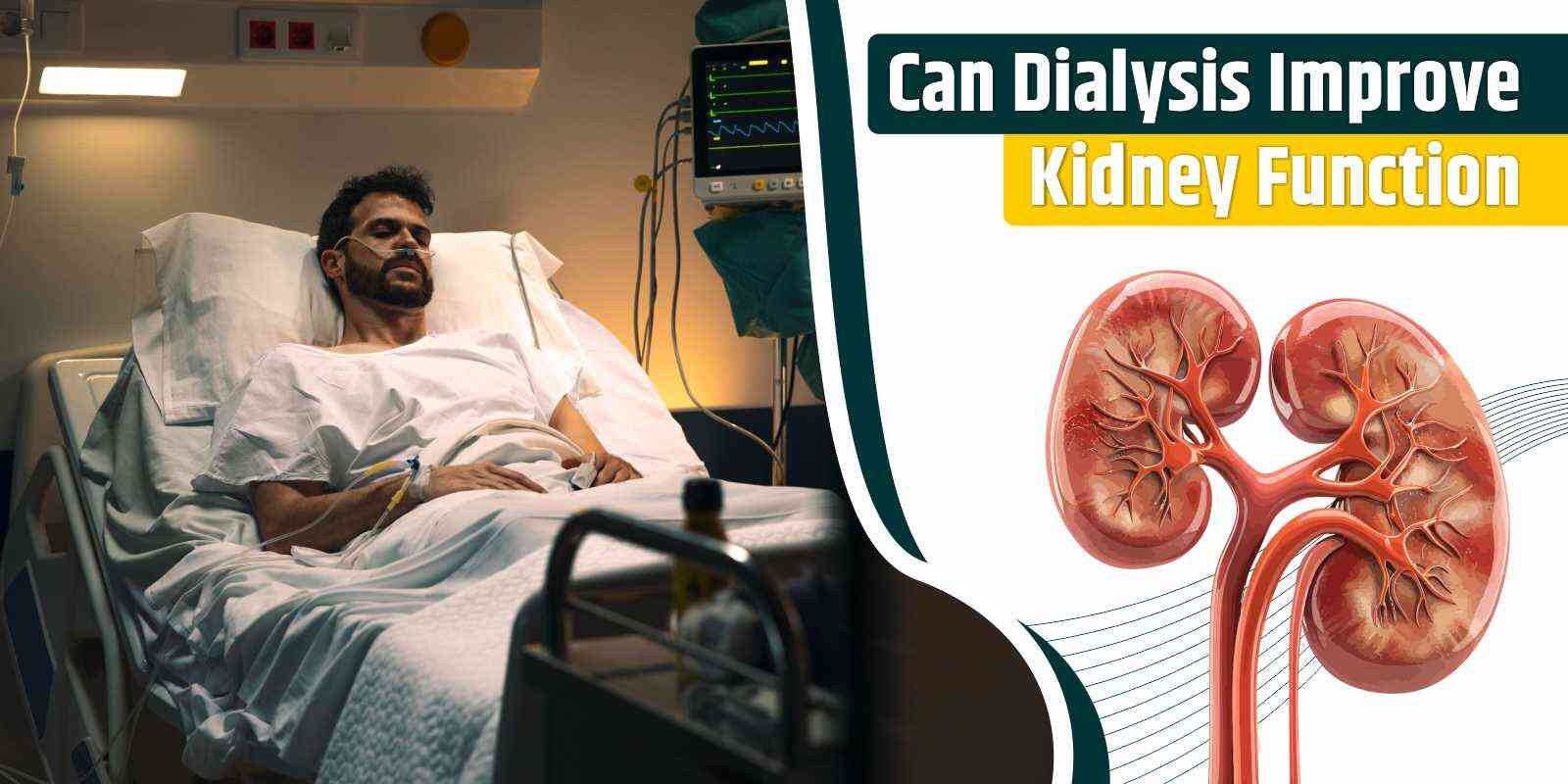
Dialysis is a recommended treatment for people whose renal functioning has deteriorated significantly due to renal damage. Damaged kidneys cannot carry out functions like filtering out wastes from the blood effectively. This leads to a gradual build of waste and toxins inside the body and can even lead to death if left untreated. In dialysis, a machine does the filtering job of the kidneys by removing wastes and toxins from the body.
Dialysis is needed when your renal functions have deteriorated significantly. In the majority of cases, patients with stage 5 CKD are considered candidates for dialysis. If your GFR is less than 15 and have lost close to 85% of your renal functions, then you would be recommended dialysis.
The two main types of dialysis are:
In hemodialysis, a machine removes your blood and filters it through a dialyzer (artificial kidney). When the blood is thoroughly cleaned, it is returned to your body via the machine. It is a 3-5 hours long process and you may need to go through this procedure 2-3 times a week.
In this dialysis, tiny blood vessels inside the abdominal lining (peritoneum) filter blood with the help of a dialysis solution. This solution is a form of a cleansing liquid that has water, salt, and other additives. Peritoneal dialysis takes place at home.
Dialysis is a time-consuming process and you may need to shell out a significant amount of money from your wallet as well for this medical procedure. It is only natural that you may ask, “Can dialysis improve kidney function?” In most of the cases, dialysis does strengthen renal functions. By removing wastes and discouraging the build-up of wastes inside the body, dialysis allows our body to function properly.
However, going through dialysis can be a cumbersome process. If you have underlying medical issues, then your quality of life may also be compromised severely. Apart from this, dialysis does not address the root cause of the renal damage and it cannot cure renal diseases. Dialysis may also lead to side effects such as low blood pressure, muscle cramps, itchy skin, anemia, etc. In short, dialysis, though, a life-saving procedure, may have multiple limitations.
Treating your renal diseases without undergoing dialysis is a reality with Ayurveda. Ayurvedic treatment of renal diseases focuses on addressing the root cause of renal ailments. Ayurveda views renal diseases as an imbalance of the doshas in the body. Ayurvedic treatment tries to rectify this imbalance by making use of natural herbs, home remedies, diet changes, etc.
The answer is via Ayurveda. As mentioned briefly in the above paragraph, Ayurveda has potent drugs that effectively improve renal functions and ensure that your renal functions do not deteriorate to the extent that you have to undergo dialysis. Some Ayurvedic herbs that boost renal functions and may help you avoid dialysis are:
To avoid dialysis permanently, you must take appropriate measures to maintain your renal health at home. Ayurveda lists effective measures to boost kidney functions so that you do not have to undergo dialysis in the future. Some of them are:
Dialysis is a life-saving, though, cumbersome process and you would want to avoid it in the first place. By taking preventive measures, adopting a renal-friendly diet, and exercising regularly, you can keep your kidneys healthy forever and save yourself from the dreaded clutches of dialysis.
"Ayurveda is not just a system of medicine; it's a way of life. Connect with us to embrace a lifestyle that nurtures your body, mind, and soul."

Certificate no- AH-2023-0186
JAN 05,2023-JAN 04,2026